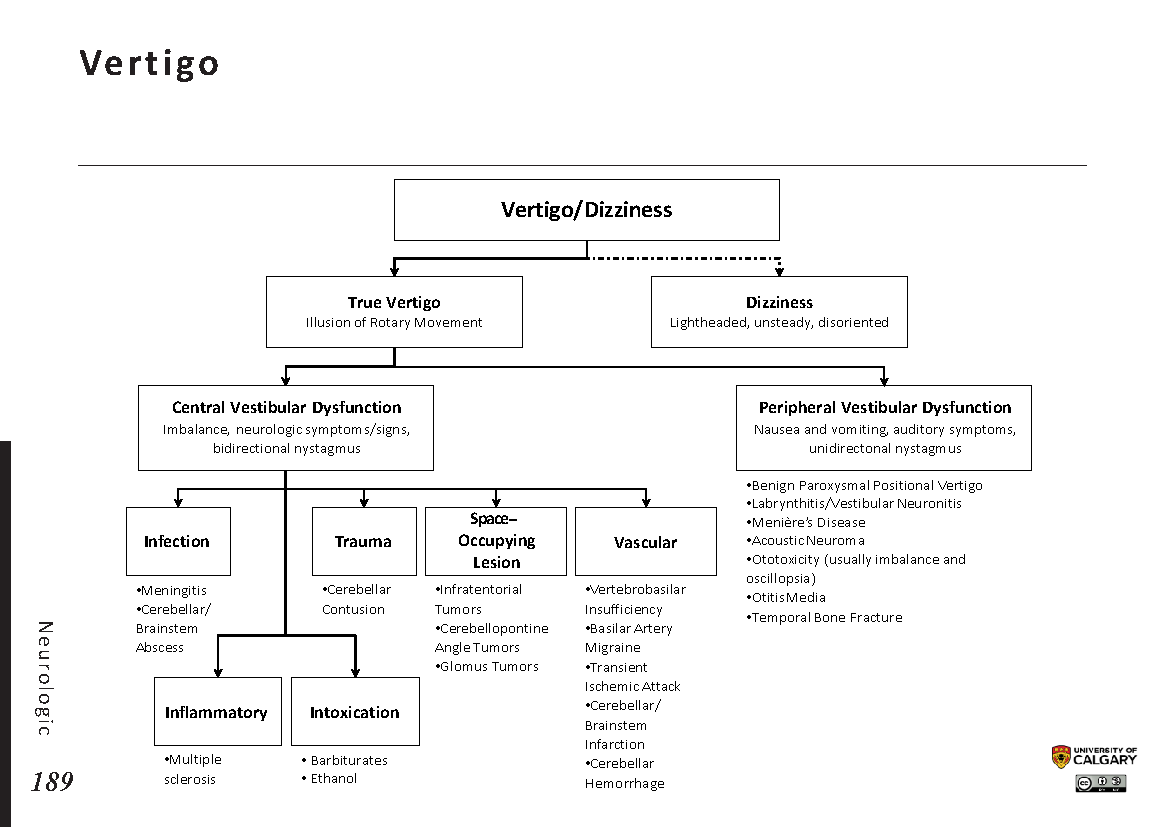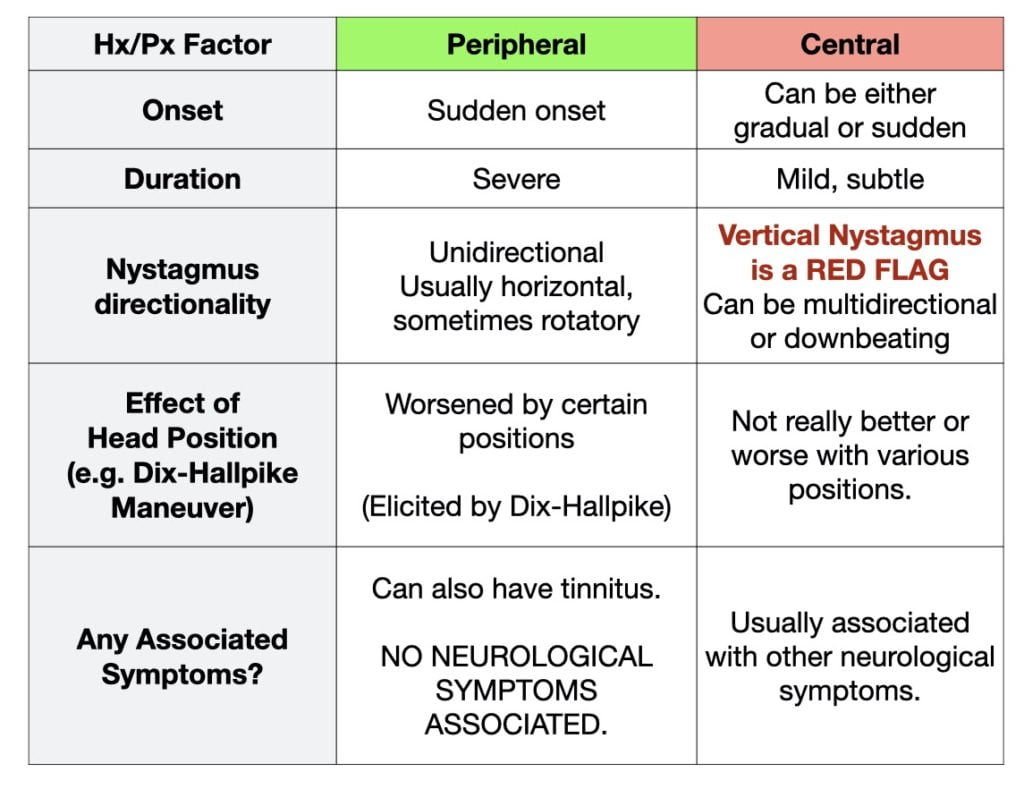Vertigo, often abbreviated as “VT,” is a common condition that affects millions of people worldwide. It is characterized by a sensation of spinning or dizziness, making it difficult for individuals to maintain balance and perform daily activities. This article delves into the intricacies of vertigo, exploring its causes, symptoms, and available treatments to help readers better understand this complex condition.

What is Vertigo?
Vertigo is not a disease in itself but rather a symptom of an underlying issue. It manifests as a feeling that you or your surroundings are moving or spinning, even when there is no actual movement. This sensation can range from mild to severe and may last for seconds, minutes, or even hours. The experience of vertigo can be disorienting and debilitating, significantly impacting a person’s quality of life.
How Does Vertigo Differ from Dizziness?
While many people use the terms interchangeably, vertigo and dizziness are distinct experiences. Dizziness refers to a general feeling of lightheadedness or unsteadiness, whereas vertigo specifically involves the perception of movement or spinning. Understanding this difference is crucial for accurate diagnosis and treatment.
Causes of Vertigo
Vertigo can arise from a variety of causes, which are typically related to problems in the inner ear or the brain. Below are some of the most common causes of vertigo:
Benign Paroxysmal Positional Vertigo
Benign paroxysmal positional vertigo is one of the most frequent causes of vertigo. It occurs when tiny calcium crystals in the inner ear become dislodged and move into areas where they do not belong. This disrupts the normal functioning of the inner ear, leading to episodes of vertigo triggered by changes in head position, such as rolling over in bed or looking up.
Meniere’s Disease
Meniere’s disease is a disorder of the inner ear that can cause vertigo, hearing loss, and a ringing sensation in the ears. The exact cause of Meniere’s disease is unknown, but it is believed to be related to abnormal fluid buildup in the inner ear. Episodes of vertigo associated with Meniere’s disease can last for hours and may be accompanied by nausea and vomiting.
Vestibular Neuritis
Vestibular neuritis is an inflammation of the vestibular nerve, which is responsible for sending balance-related information from the inner ear to the brain. This condition often results from a viral infection and can cause sudden, severe vertigo that lasts for several days. Unlike other forms of vertigo, vestibular neuritis does not typically involve hearing loss or ringing in the ears.
Labyrinthitis
Labyrinthitis is another inflammatory condition that affects the inner ear. It occurs when the labyrinth, a structure within the inner ear that helps control balance, becomes inflamed. Like vestibular neuritis, labyrinthitis is often caused by a viral infection and can lead to vertigo, hearing loss, and ear pain.
Migraine-Associated Vertigo
Some individuals who suffer from migraines may also experience vertigo as part of their symptoms. This condition, known as migraine-associated vertigo, can occur with or without a headache. The vertigo episodes may last from minutes to hours and are often accompanied by sensitivity to light and sound.
Other Causes
- Head Injuries: Trauma to the head can damage the inner ear or the parts of the brain responsible for balance, leading to vertigo.
- Medications: Certain medications, particularly those that affect the inner ear or central nervous system, can cause vertigo as a side effect.
- Blood Pressure Issues: Both high and low blood pressure can contribute to feelings of dizziness and vertigo.
- Stroke or Transient Ischemic Attack: A stroke or transient ischemic attack can disrupt blood flow to the brain, causing vertigo along with other neurological symptoms.
Symptoms of Vertigo
The primary symptom of vertigo is the sensation of spinning or movement, but it is often accompanied by other symptoms that can vary depending on the underlying cause. Some of the most common symptoms include:
Dizziness and Loss of Balance
Individuals with vertigo often experience difficulty maintaining balance, which can increase the risk of falls. This loss of balance is particularly problematic when performing tasks that require coordination, such as walking or driving.
Nausea and Vomiting
Vertigo frequently triggers feelings of nausea, and in some cases, it can lead to vomiting. These symptoms are particularly common during severe episodes of vertigo and can exacerbate the discomfort experienced by the individual.
Ringing in the Ears
In conditions like Meniere’s disease, vertigo may be accompanied by tinnitus, a ringing or buzzing sound in the ears. This symptom can further contribute to the distress caused by vertigo.
Hearing Loss
Certain types of vertigo, such as those associated with Meniere’s disease or labyrinthitis, may result in temporary or permanent hearing loss. The degree of hearing impairment can vary depending on the severity of the underlying condition.
Sweating and Rapid Eye Movements
During an episode of vertigo, some individuals may experience excessive sweating and involuntary eye movements, known as nystagmus. These symptoms are often indicative of a problem within the inner ear or central nervous system.
Treatments for Vertigo
The treatment for vertigo depends on its underlying cause and severity. While some cases of vertigo resolve on their own, others require medical intervention. Below are some of the most common treatment options:
Vestibular Rehabilitation Therapy
Vestibular rehabilitation therapy is a specialized form of physical therapy designed to improve balance and reduce dizziness. It involves exercises that help retrain the brain to compensate for inner ear problems. This therapy is particularly effective for individuals with chronic vertigo or those recovering from vestibular neuritis.
Canalith Repositioning Maneuvers
For individuals with benign paroxysmal positional vertigo, canalith repositioning maneuvers are often recommended. These are specific head and body movements performed under the guidance of a healthcare professional to move displaced calcium crystals back to their correct position within the inner ear. The Epley maneuver is one of the most commonly used techniques.
Medications
In some cases, medications may be prescribed to alleviate symptoms of vertigo. These can include antihistamines, anti-nausea drugs, or medications that suppress the activity of the inner ear. While these medications can provide short-term relief, they are not a long-term solution for chronic vertigo.
Dietary and Lifestyle Changes
For individuals with Meniere’s disease, dietary modifications such as reducing salt intake and avoiding caffeine and alcohol can help manage symptoms. Additionally, stress management techniques and adequate hydration can play a role in reducing the frequency and severity of vertigo episodes.
Surgical Interventions
In rare cases where vertigo is caused by structural issues within the inner ear, surgery may be necessary. Procedures such as endolymphatic sac decompression or labyrinthectomy are reserved for severe cases that do not respond to other treatments.
Alternative Therapies
Some individuals find relief from vertigo through alternative therapies such as acupuncture, chiropractic care, or herbal supplements. While scientific evidence supporting these approaches is limited, they may be worth exploring for those seeking complementary options.
When to Seek Medical Attention
While occasional episodes of vertigo are generally not a cause for concern, certain symptoms warrant immediate medical attention. These include:
- Sudden, severe vertigo accompanied by weakness or numbness on one side of the body
- Difficulty speaking or understanding speech
- Double vision or loss of vision
- Severe headache or neck pain
- Fever or other signs of infection
If any of these symptoms occur, it is important to seek emergency medical care, as they could indicate a more serious condition such as a stroke or brain injury.





